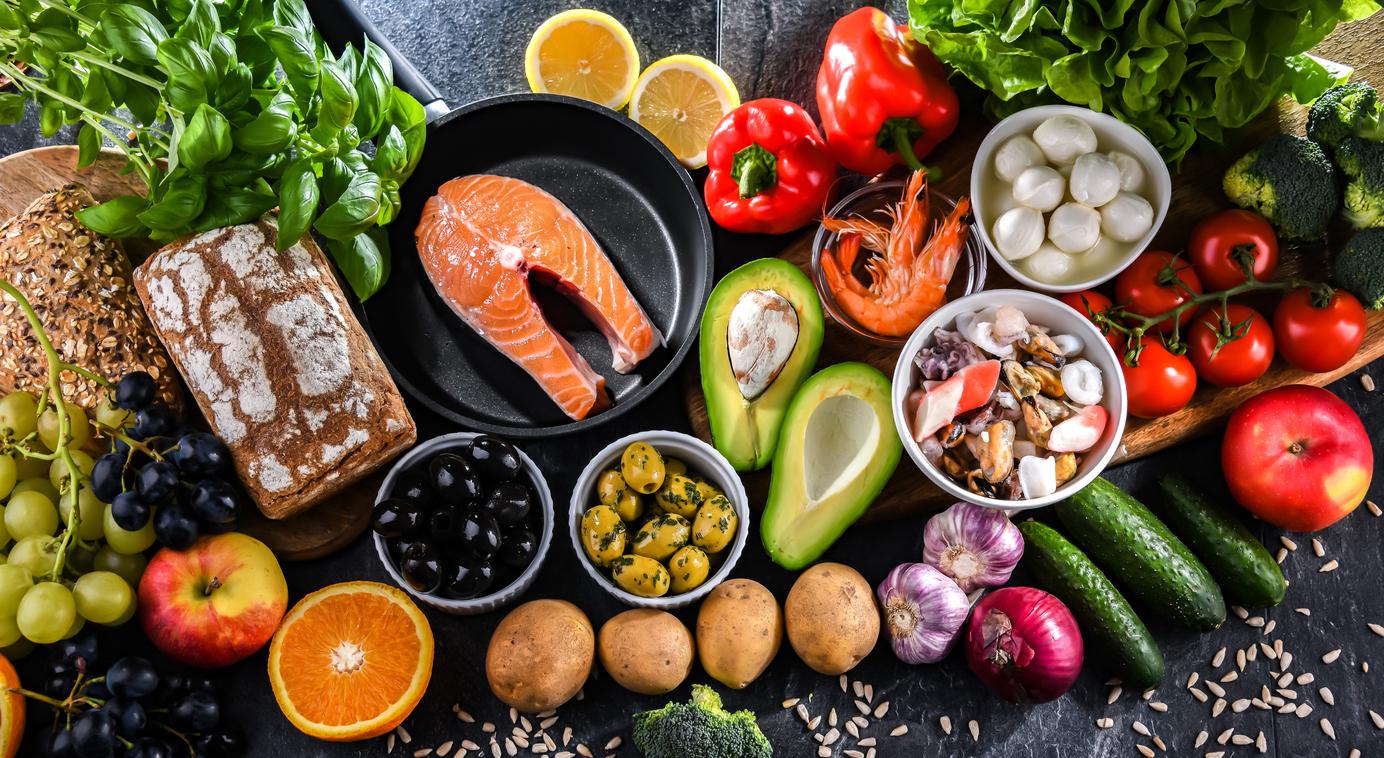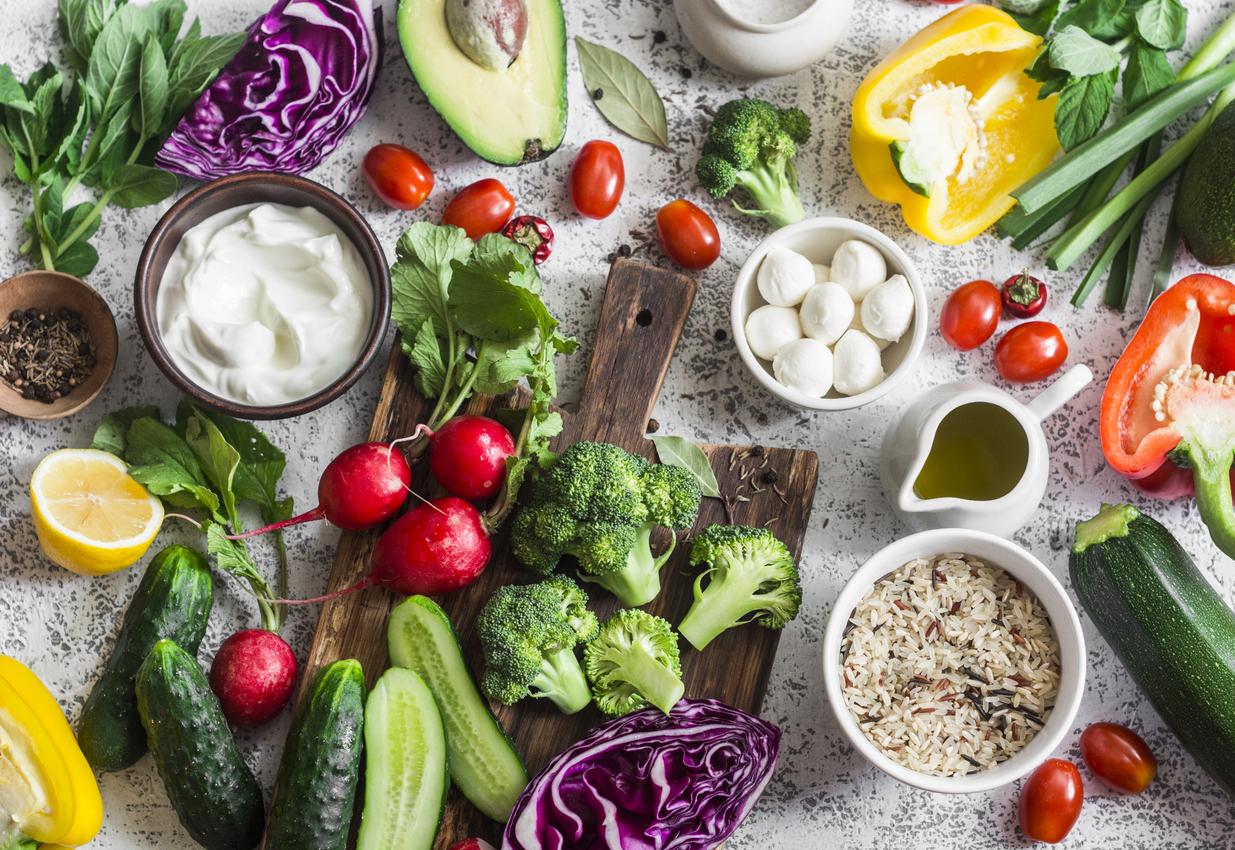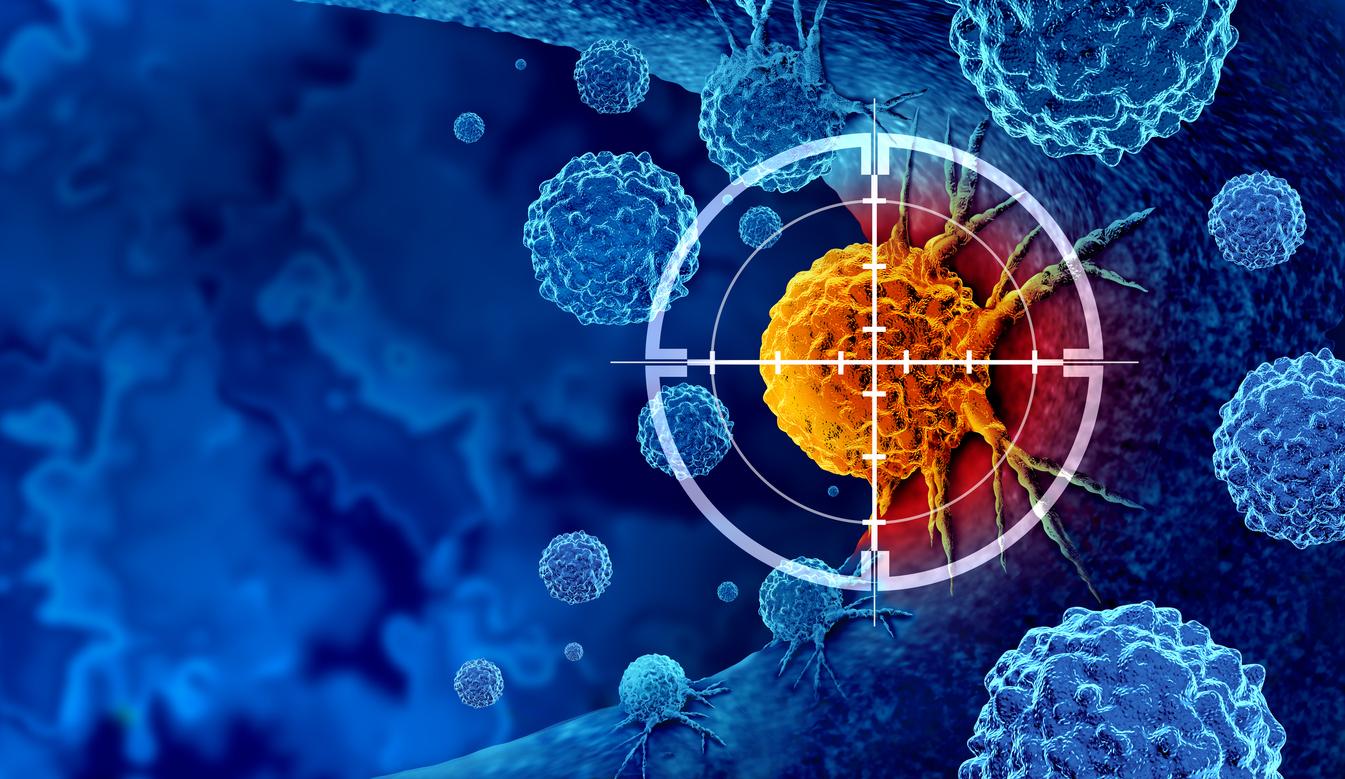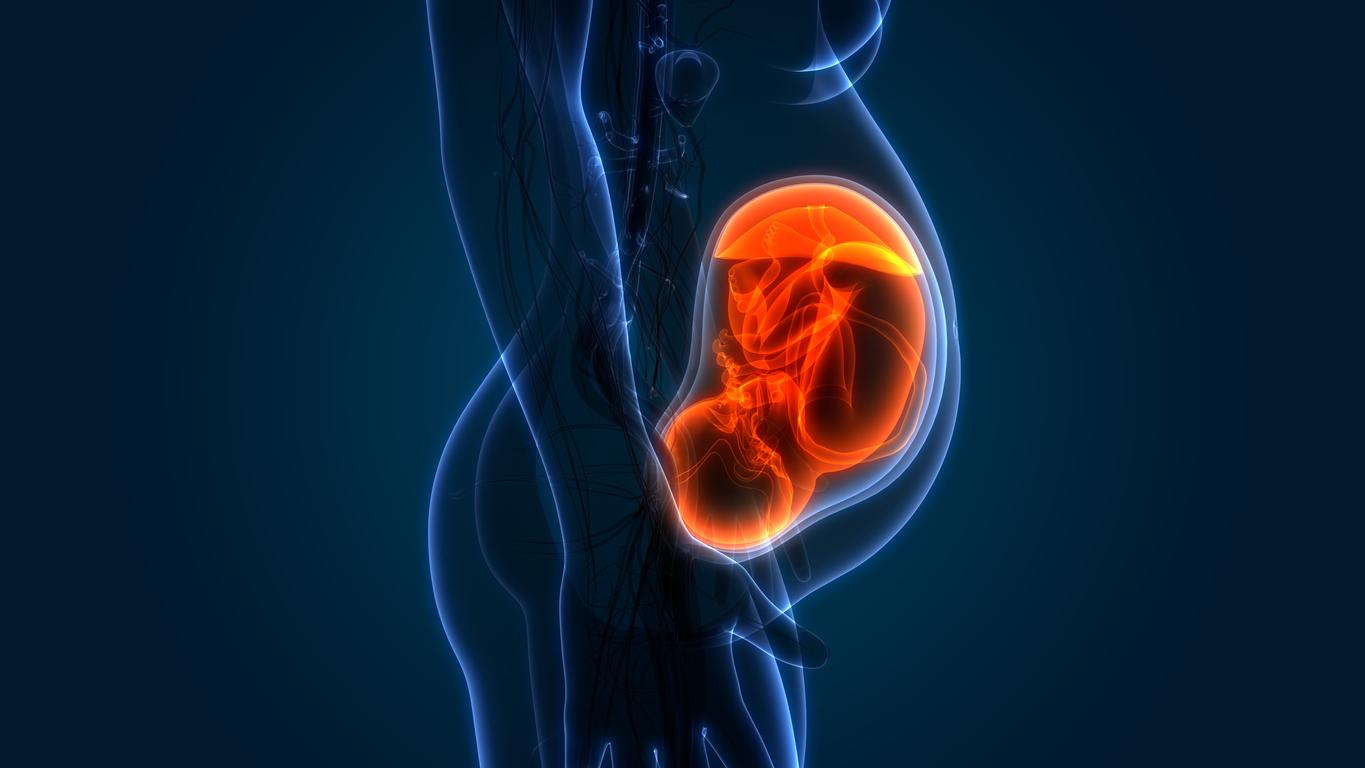Researchers have revealed that the Mediterranean diet may improve response rates to immunotherapy in patients affected by skin cancer.

- Melanoma is considered the most serious but least common form of skin cancer.
- Previous studies have revealed that two-thirds of skin cancers are due to excessive sun exposure.
There are different skin cancers: melanoma, basal cell carcinoma and squamous cell carcinoma. “Melanoma is the most serious but least common form of skin cancer, causing metastases in about 20% of cases. Mainly diagnosed after the age of 50, it can appear on any area of the body but is more frequent on areas exposed to the sun, from “normal” skin or from a mole.Explain the Arc Foundation for cancer research.
The Mediterranean diet would promote the effects of immunotherapy on skin cancer
During the week of the United European Gastroenterology, the University Medical Center of Groningen (Netherlands) reported that adopting a Mediterranean diet could improve response rates to immunotherapy and survival in patients with advanced melanoma.
The Mediterranean diet is based on the assimilation of fibres, monounsaturated fatty acids and polyphenols contained in nuts, fatty fish, cereals, fruits, vegetables, legumes and olive oil. However, this food mode excludes all ultra-processed products.
Skin cancer treatment: whole grains and legumes reduce side effects
As part of this research, scientists from the UK and the Netherlands examined the dietary intakes of 91 patients with advanced melanoma who were treated with immune checkpoint inhibitors (ICI), anti-inflammatory drugs. immunotherapy.
According to the results, patients who followed a Mediterranean diet had a better response to ICI and therefore a better survival rate. In addition, the consumption of whole grains and legumes reduced the risk of developing side effects related to immunotherapy treatments, in particular colitis. Processed red meat, however, increased the risk of adverse effects.
“Our study underscores the importance of dietary assessment in cancer patients starting ICI treatment and supports a role of dietary strategies in improving patient outcomes and survival (…) The relationship between response to ICI, diet and the gut microbiome opens up a promising and exciting future for improving treatment responses.Clinical trials investigating the effect of a high fiber diet, a ketogenic diet and omega-3 supplementation are In progress”said Laura Bolte, author of the study and researcher at the University Medical Center in Groningen.















